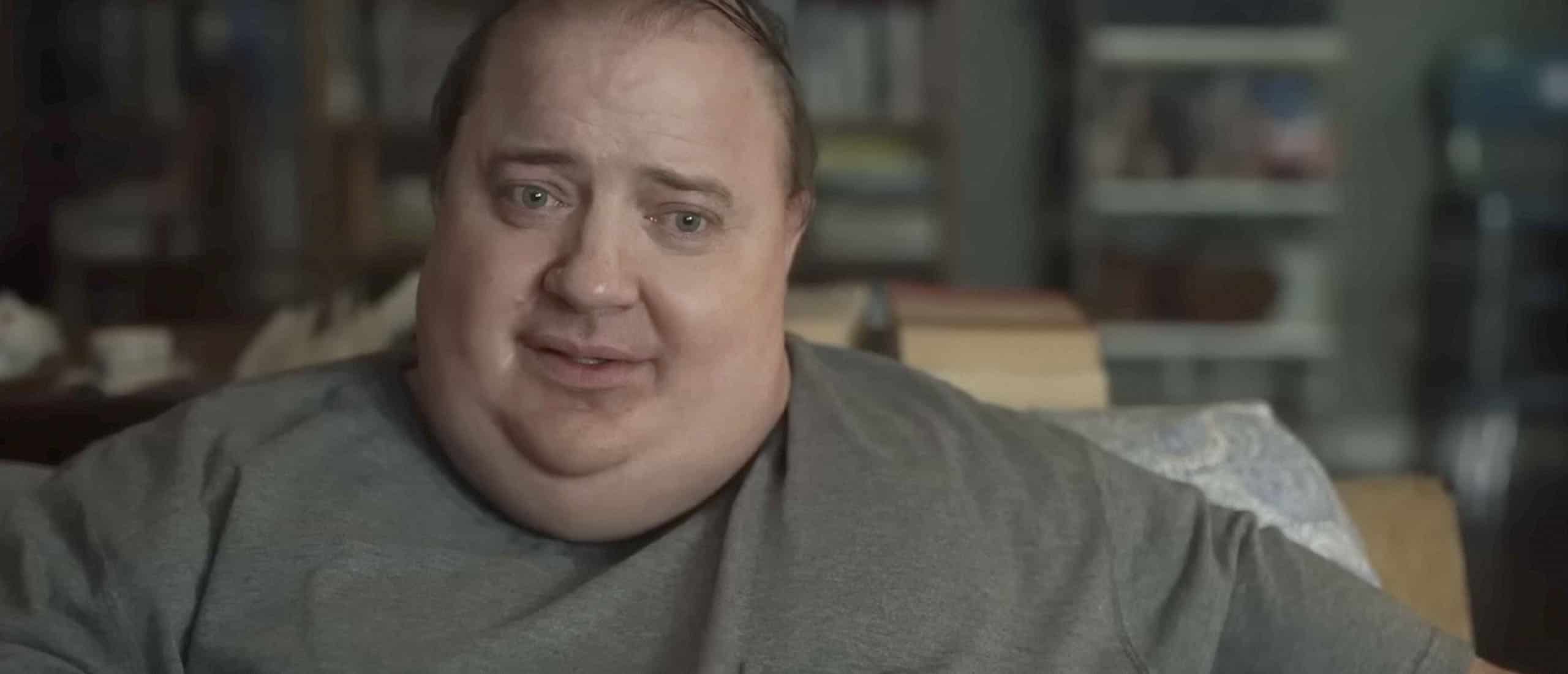2023 Oscar Contenders That Will Make You Rethink Your Health
Health has weighed heavily on the world in the past few years due to COVID-19 and other factors like the continuing opioid crisis. While all very different, these three movies that are among the top Oscar nominees at the 2023 Academy Awards (taking place March 12) take on different subjects and nuances related to our bodies and health outcomes.
The documentary All the Beauty and the Bloodshed (nominated for Best Documentary) explores opioid addiction through the fascinating lens of the famed photographer Nan Goldin. The Whale comes with a lot of baggage (physical and otherwise) as well as a simply stunning performance by Brenan Fraser (nominated for Best Lead Actor) as an obese man grappling with grief. And Living might just make you tear up (in a mostly happy way) watching Bill Nighy fully embody the dignity of an older man faced with a terminal illness who makes the most of his last days.
Here’s what to know about each film. Some spoilers ahead, FYI.
All the Beauty and the Bloodshed
The director of this documentary, Laura Poitras, already earns tons of acclaim (and an Oscar) for her 2014 doc Citizenfour covering Edward Snowden. This is a narrower, more intimate portrait of the photographer Nan Goldin, but in following her life and work as well as her descent into addiction, it broadens out to the larger concerns in America’s grim opioid crisis.
Goldin’s own opioid addiction jolted her into the role of activist, holding the Sackler family and Purdue Pharma accountable for their pivotal role in unleashing lethal opioids on unsuspecting patients. Opioid abuse can feel remote if you haven’t dealt with it in your own life, but there’s no doubt that addiction has in some way touched you or someone you know and care about.
All the Beauty and the Bloodshed is both deeply personal to Goldin’s story and strangely relatable in its depiction of the devastation wrought by addiction, and how we move forward.
LIVE LONGER
The Whale
Critics were, perhaps not surprisingly, mixed about this drama adapted from the play by Samuel D. Hunter and directed by perennial filmmaking provocateur Darren Aronofsky (Requiem for a Dream, The Wrestler).
There’s something to the backlash: Aronofsky spends a bit too much time lingering on the shuddering body horror of his protagonist, Charlie, a reclusive English teacher who throws himself into awful, life-threatening eating binges following the death of his boyfriend. But Brendan Fraser’s sense of empathy shines beautifully through his performance as Charlie, who ends the film emphasizing everything that is right with humanity. You don’t need to be morbidly obese to recognize the dangers of Charlie’s condition, congestive heart failure, which his nurse friend (a forcible, mesmerizing Hong Chau, also nominated for an Oscar) tells him will kill him if he doesn’t go to the hospital.
While Charlie’s situation is tragic, heart conditions as common as high blood pressure can be signs of looming trouble that should not be waved away. And Fraser’s emboldening optimism should be a call to care not just for yourself, but also for the people around you.
Living
The plot of Living (adapted from the classic 1952 Japanese film Ikiru, and here transported to ‘50s London) is as deceptively simple as it is heart-quickening: Bill Nighy is Mr. Rodney Williams, an unassuming lifelong civil servant who one day is told that he has only months to live.
His diagnosis is left vague for much of the running time, but he later tells another character that he has “a cancer” gesturing to his torso. The exact illness isn’t as important as how it nudges him to completely rethink his own fairly drab life. In the last act, he commits himself to a simple yet heroic project that underlines the purpose in his life.
Fatal illnesses have a way of making us all reckon with the time we spend on earth, and the connections we build. Rather than tragic, that can be life-affirming, as Mr. Williams’s tale suggests. Good luck hiding your wet eyes during the ending credits.












